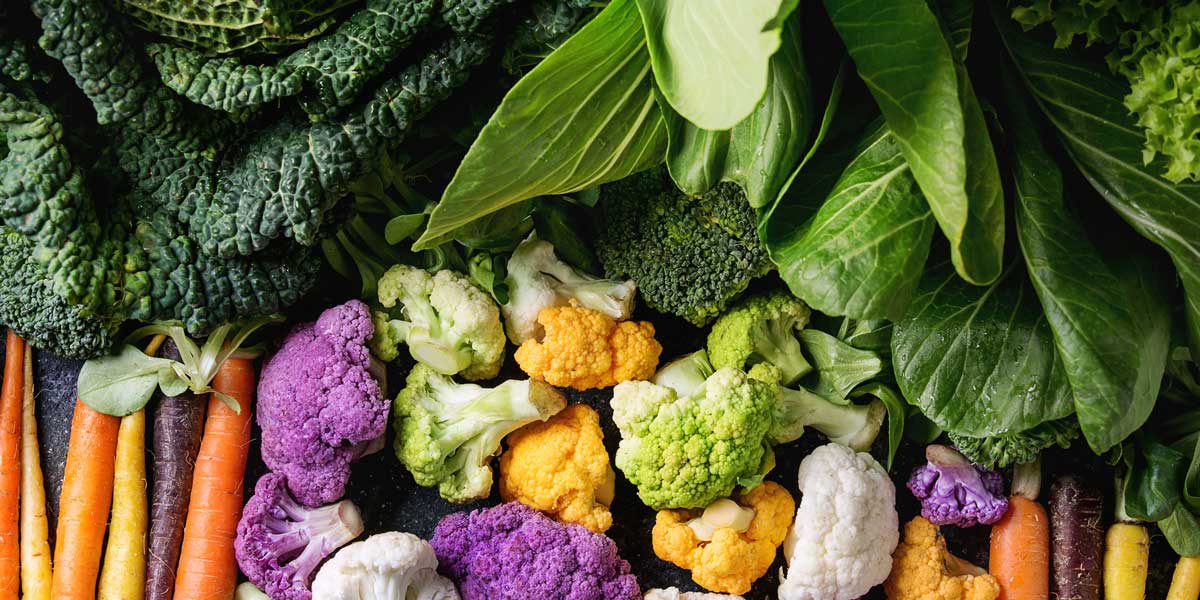 Different types of vegetables.
Different types of vegetables.Eating vegetables regularly is more than just a healthy
habit—it’s a powerful way to protect your body and boost your energy every day.
The World Health Organization (WHO) says that vegetables are
packed with essential vitamins, minerals, and antioxidants, and they help
prevent chronic diseases and support overall well-being.
Dr Mika Kibera, a clinical nutritionist at 3rd Park Hospital, explains that apart from the nutrient components that vegetables add to a meal, they also provide energy to the body, which prevents muscle or body tissue breakdown that might lead to malnourishment.
He explains: “The most unique nutrients in vegetables are
the carbohydrates and antioxidants. All animal consumables are considered poor
sources of carbohydrates and have properties that can amplify our inflammatory
response.”
“The carbohydrates provide energy to the body, which prevents
muscle or body tissue breakdown that might lead to malnourishment (unless you
are in a deficiency for weight management). The loss of proteins can lead to a
lapse in immunity, which can result in illnesses. Consumption of carbs can
prevent that from happening,” he adds.
The WHO maintains that vegetables are important for disease prevention because they contain nutrients that help boost the body's immune system.
A diet rich in vegetables can significantly
lower the risk of several chronic diseases. The WHO emphasises its role in
reducing the risk of cardiovascular diseases, certain types of cancer and type
2 diabetes. They can also help prevent weight gain and obesity.
Furthermore, the WHO says that vegetables help in appetite
control and weight management. This is because they are very low in calories and
high in fibre, which helps you feel full and satisfied when eating. This is beneficial
for managing weight and preventing overeating.
The fibre in vegetables also plays a crucial role in
maintaining a healthy gut microbiome, which is linked to various aspects of
well-being, including mood and overall health.
Dr Mika says that optimal cooking helps maintain the nutrient
content of vegetables from the garden to the table. “Our food system includes
very rich indigenous leafy greens like spinach, Kales, sage and cabbage which
are highly nutritious and tasty. So long as you do not overcook them and
overuse tomatoes with them, the nutrient density can be maintained from the pot
to the plate,” he notes.
The WHO recommends that people consume at least five servings of vegetables per day as part of a balanced diet. A rainbow of colours is encouraged, as different colored vegetables offer different nutrients that are required in the body.
According to WHO statistics, an estimated 3.9 million deaths worldwide were attributable to inadequate fruit and vegetable consumption in 2017.
It says vegetables are rich in vitamins (like A, C, and E), minerals (like potassium and magnesium), and fibre. These nutrients are vital for various bodily functions, including maintaining healthy vision, boosting the immune system, and supporting healthy digestion.











